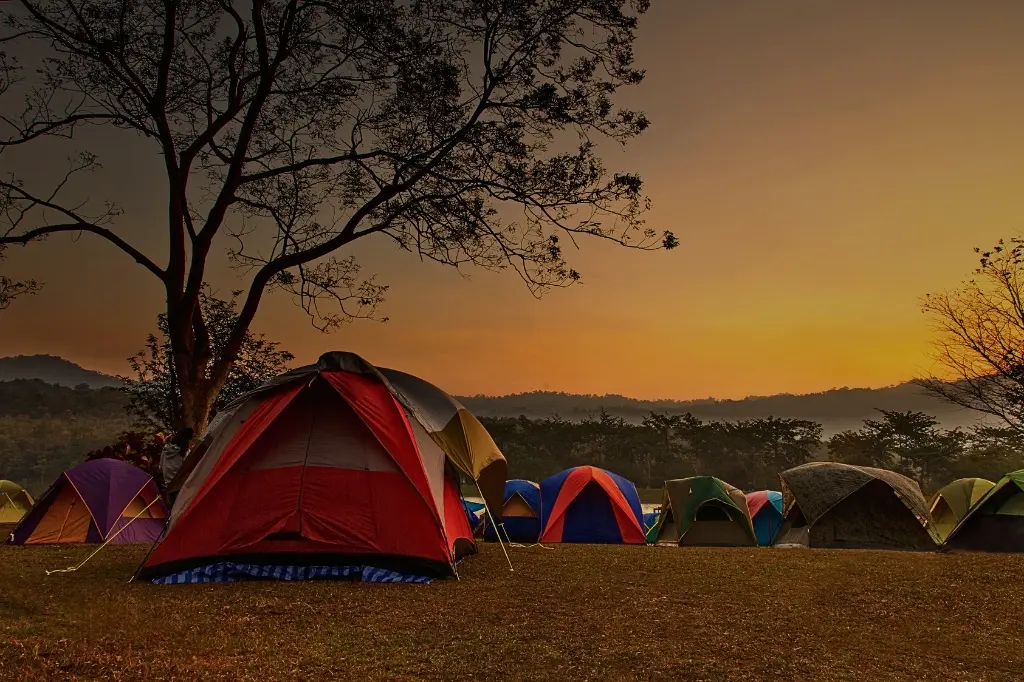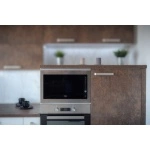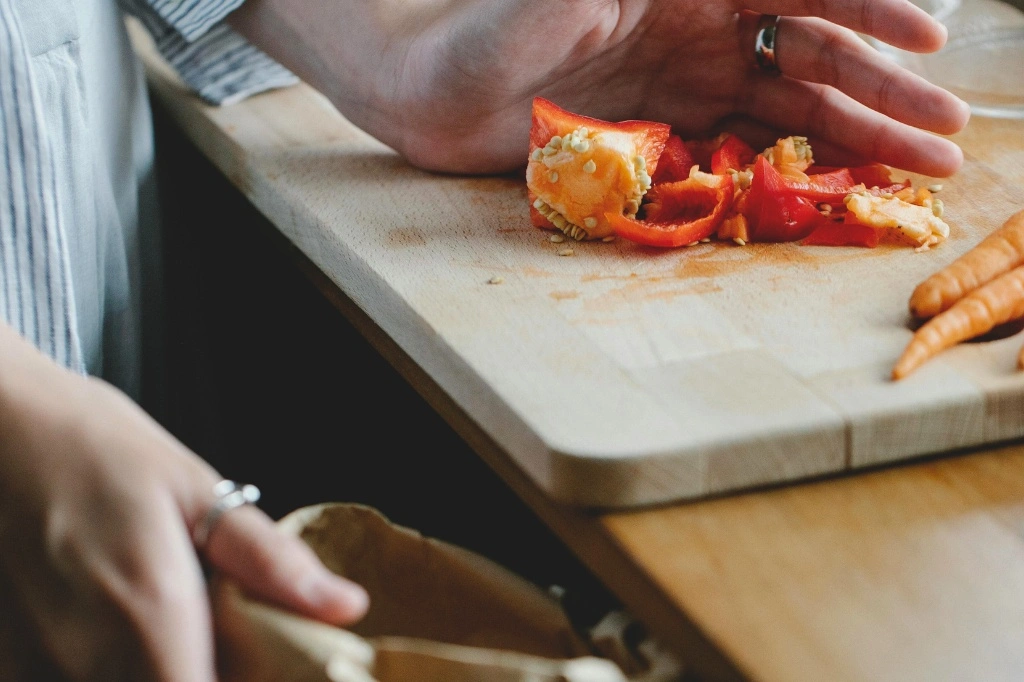When you are out camping, getting to know how to store food in a camping kitchen is crucial for a hit and enjoyable journey. Proper meals garage can make a huge difference in keeping the exceptional and safety of your meals. Here are ten crucial tips to help you effectively store food in a camping kitchen, incorporating key strategies for coping with your meals materials.
1. Invest in High-Quality Airtight Containers
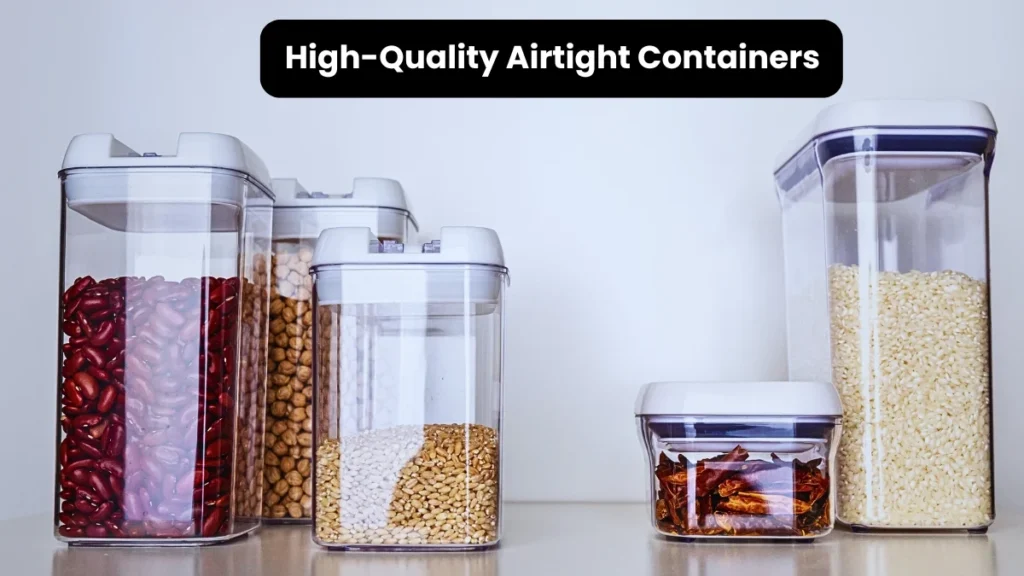
One of the only food storage solutions for camping is to apply brilliant, airtight bins. These boxes save you air and moisture from compromising the freshness of your dry goods, together with grains, snacks, and spices. By preserving your food sealed, you not only most effectively hold its first-rate, but also shield it from pests and infection.
Look for durable and stackable packing containers that are smooth to clean and can cope with the rugged conditions of camping.
2. Utilize Vacuum Sealing For Longer Journeys
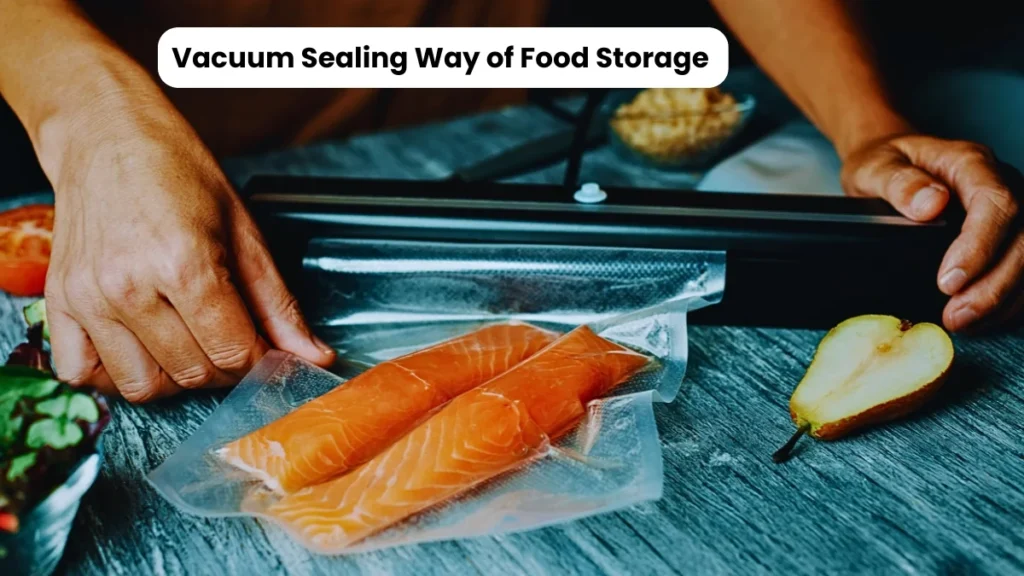
For extended camping adventures, vacuum sealing is an exceptional way to store food easily and amplify the shelf existence of your food. Vacuum-sealed luggage does away with air from the packaging, which facilitates preventing spoilage and preserves freshness. This approach is particularly useful for bulk objects like meats and grains.
If you’re making ready for a long trip, bear in mind the use of a transportable vacuum sealer to hold your food sparkling and prepared.
3. Maintain Proper Cooler Temperature
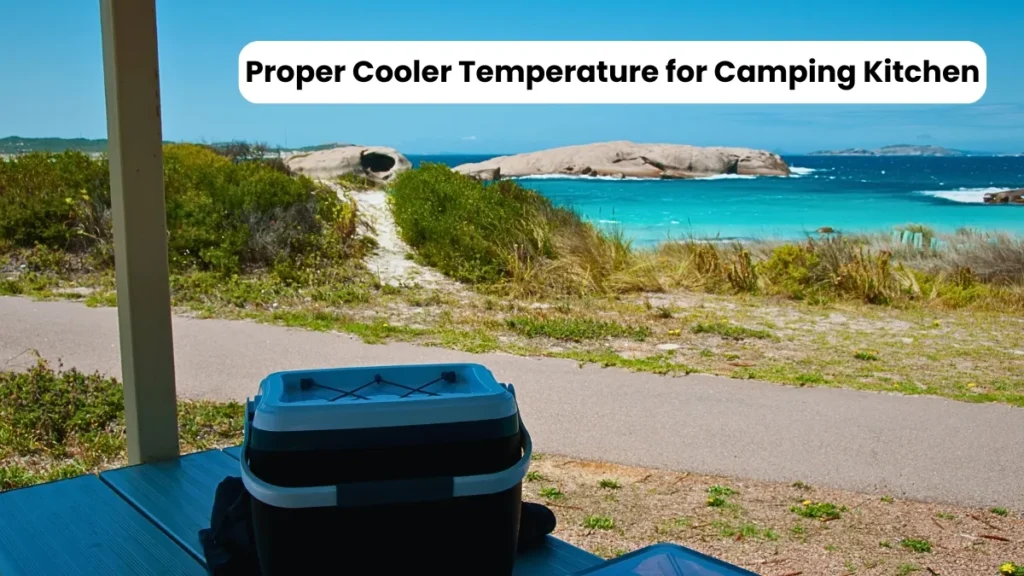
An important factor of storing food in a camping kitchen is preserving the proper temperature in your cooler. Keep your cooler at or under 40°F (4°C) to make sure that perishable objects live safe. Pack your cooler with ice packs or ice to keep the temperature steady. For the highest quality effects, pre-sit back your cooler earlier than packing it with food.
A cooler with built-in temperature monitoring can be a valuable tool for coping with food protection at some point in your experience.
4. Use Insulated Bags for Short-Term Storage
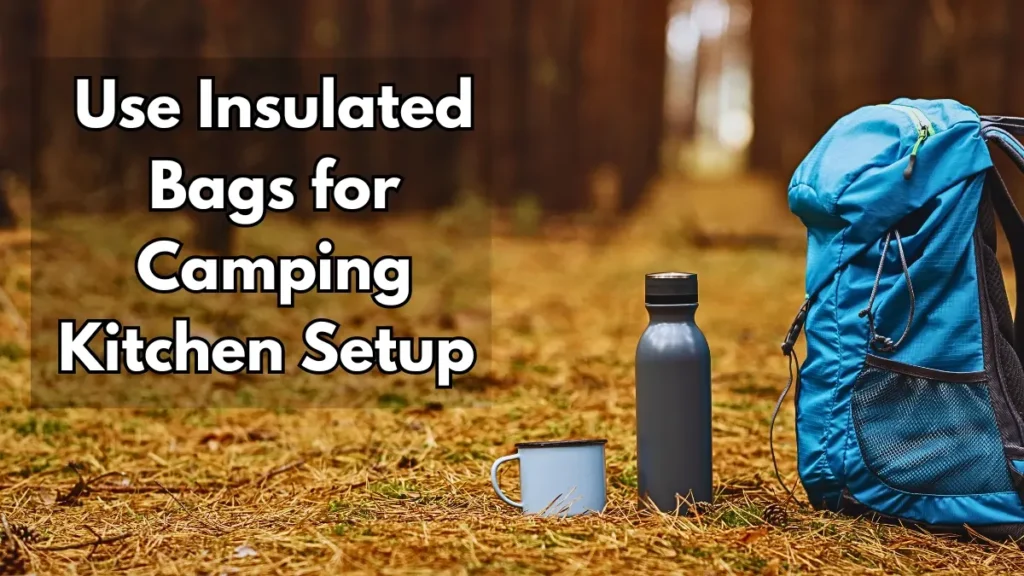
When you need to store food without problems for brief intervals, insulated luggage is a practical answer. These bags help keep meals at the favored temperature for several hours, making them perfect for day trips or brief snacks. Insulated baggage is portable, handy, and powerful for carrying sandwiches, culmination, and liquids.
They are a high-quality addition to your camping kitchen setup, specifically when you need a flexible garage choice.
5. Store Uncooked Meats One At A Time
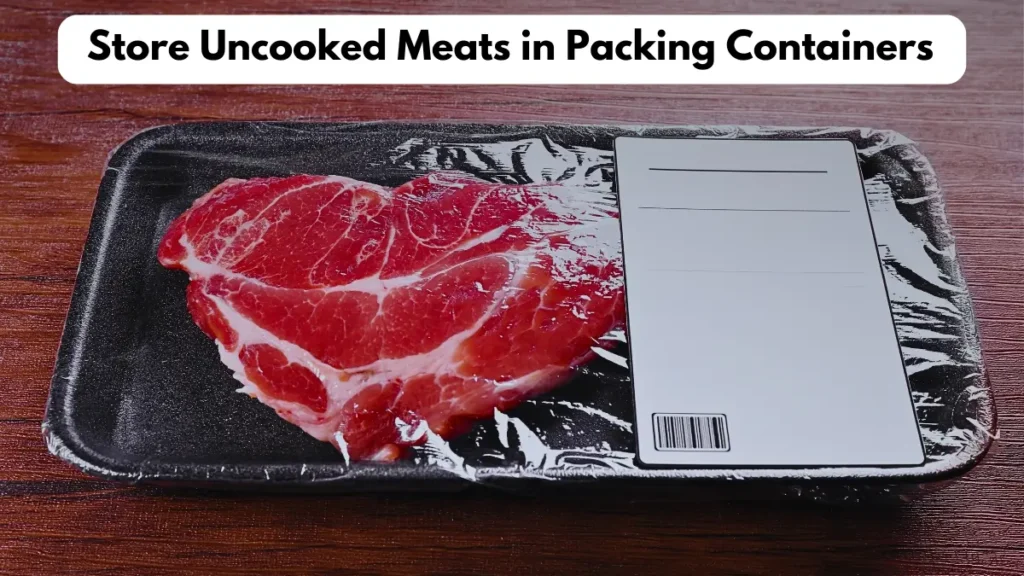
To make sure a secure meal garage in a tent kitchen, usually store uncooked meats separately from other food items. Use separate packing containers or luggage for meats and place them at the lowest of your cooler or food garage region to prevent any drips onto other ingredients.
This practice helps to lessen the chance of bacterial infection and keeps your other meals objects secure and uncontaminated.
6. Label Everything Clearly
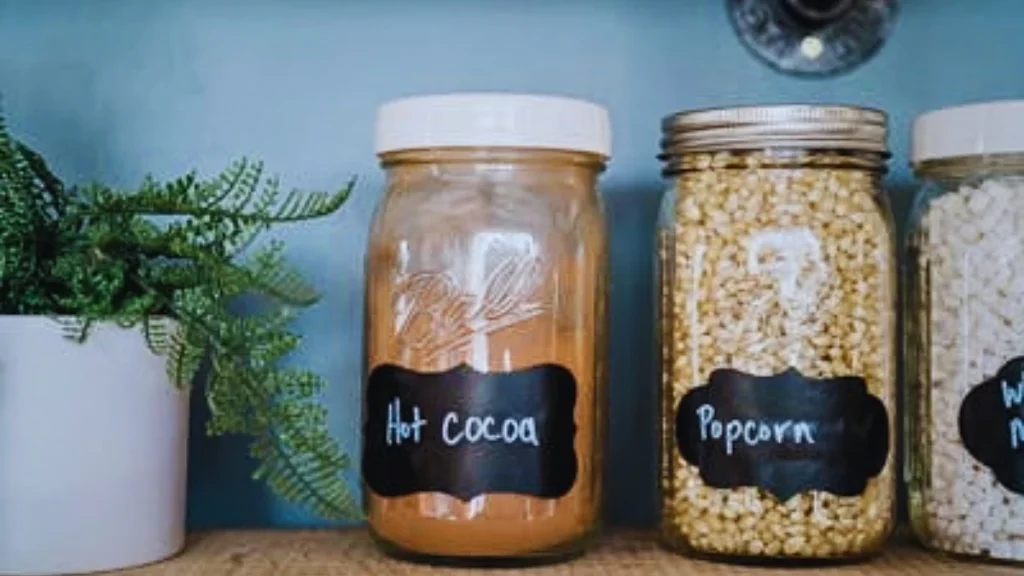
Labeling your meals in packing containers is a trustworthy but powerful approach for how to store food in a camping kitchen. Clearly categorized packing containers with contents and expiration dates help you quickly identify what’s interior and manipulate your food inventory.
This practice prevents using expired gadgets and reduces meal waste. Ensure that labels are water-resistant and sturdy to withstand outdoor conditions.
7. Plan Your Meals Ahead of Time
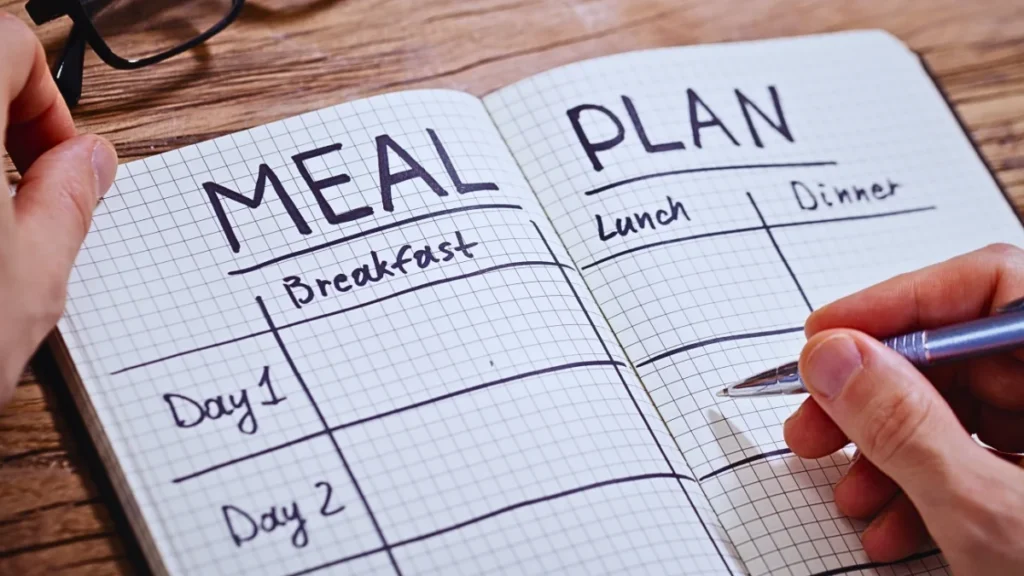
Effective meals protection tips begin with meal-making plans. By growing an in-depth meal plan earlier than your journey, you may get extra correctly and decrease meal waste. Determine the meals you’ll put together and the ingredients you’ll want to make certain you deliver only what’s important.
Proper meal-making plans additionally enable you to use your cooler and storage space extra efficiently.
8. Use Natural Preservation Techniques
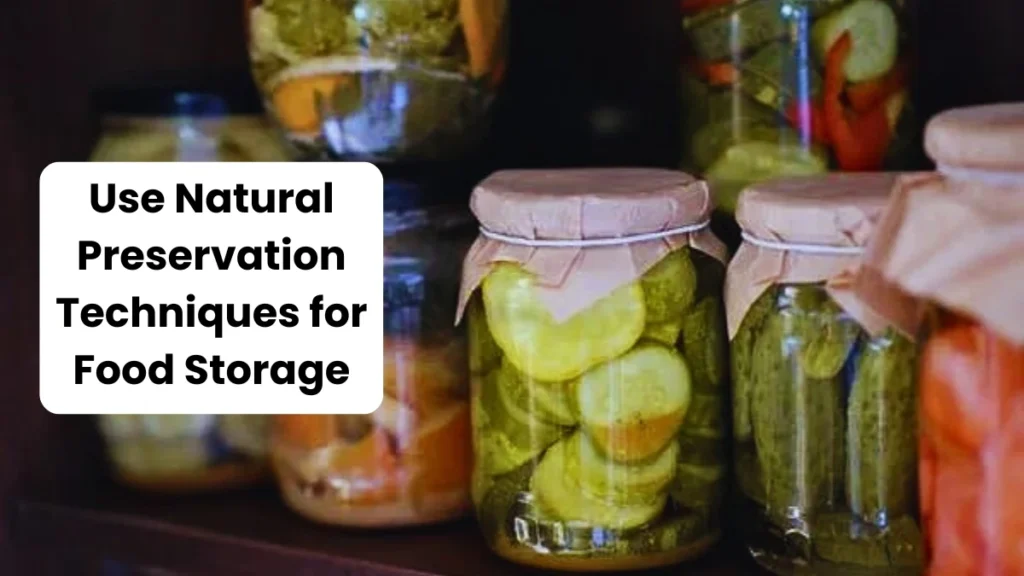
Incorporating natural preservation methods can beautify your food storage answers. Techniques consisting of pickling or canning extend the shelf existence of meals like veggies, end result, and meats. While those methods require some extra system and expertise, they offer a sustainable way to enjoy a lot of meals in your experience.
Follow proper tactics to make sure that your preserved meals remain safe and clean.
9. Keep Your Food Storage Area Clean
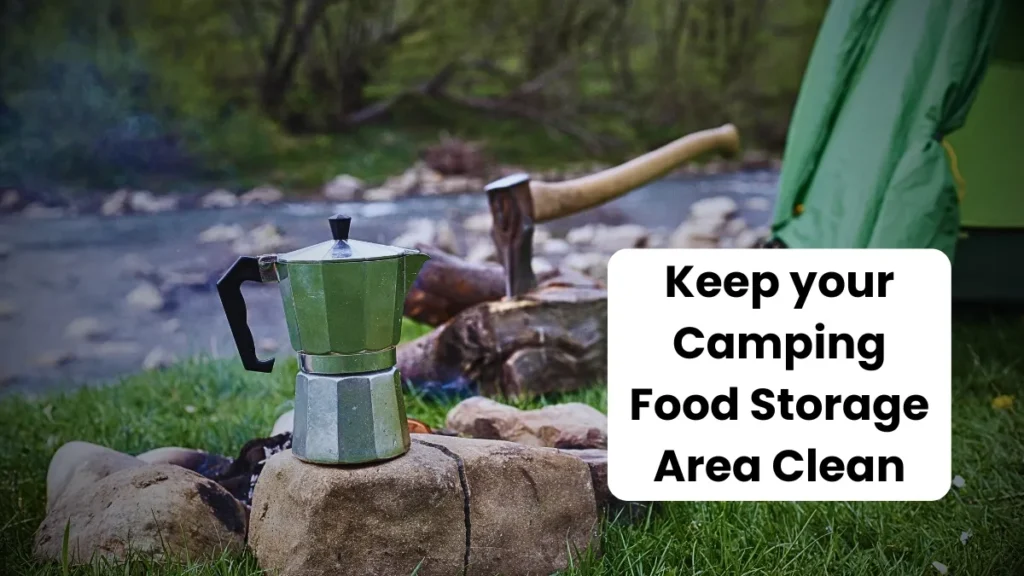
Maintaining an easy food storage location is crucial for how to store food in a camping kitchen effectively. Regularly easy surfaces and directly cope with spills or crumbs to prevent pests and contamination. Use a dedicated cleansing package in your camping kitchen to keep hygiene and make sure your meals stay safe.
Easy surroundings help in retaining the greatness of your food and make it less difficult to control your supplies.
10. Protect Food from Wildlife
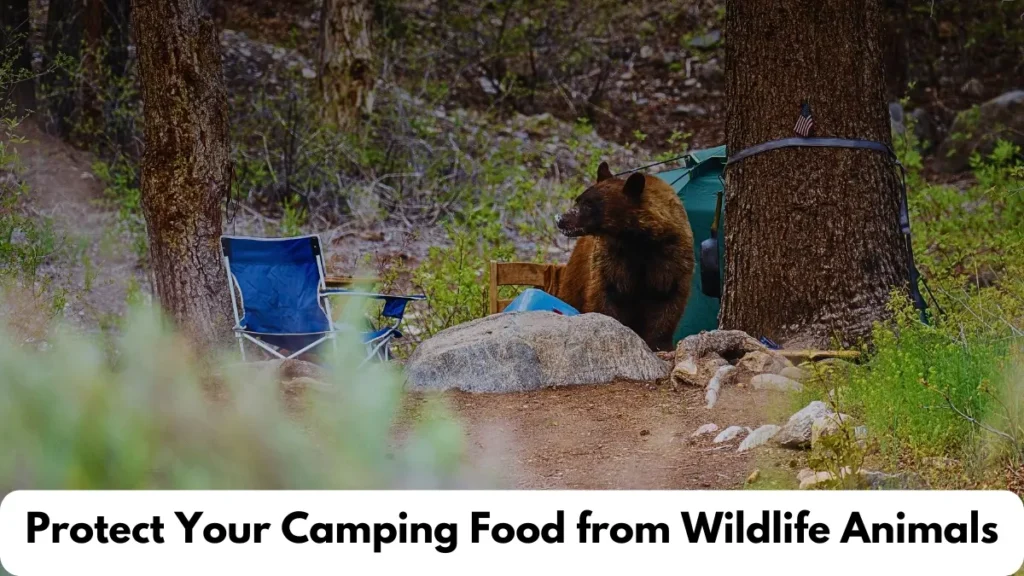
When camping in regions with flora and fauna, it’s vital to guard your meals to prevent attracting animals. Use bear-resistant canisters or grasp your meals from a tree to keep them out of reach. Securely shop all meals and avoid leaving it unattended.
Proper food safety allows you to save you from natural world encounters and guarantees that your food stays uncontaminated and secure.
Final Words
Mastering how to store food in a camping kitchen includes understanding and imposing powerful techniques for preserving the freshness and protection of your food. By the usage of terrific bins, vacuum sealing, and preserving the right cooler temperatures, you can make certain that your meals stay in wonderful circumstances at some point of your camping journey.
Remember to devise your meals, label your boxes, and keep your storage location smooth.


